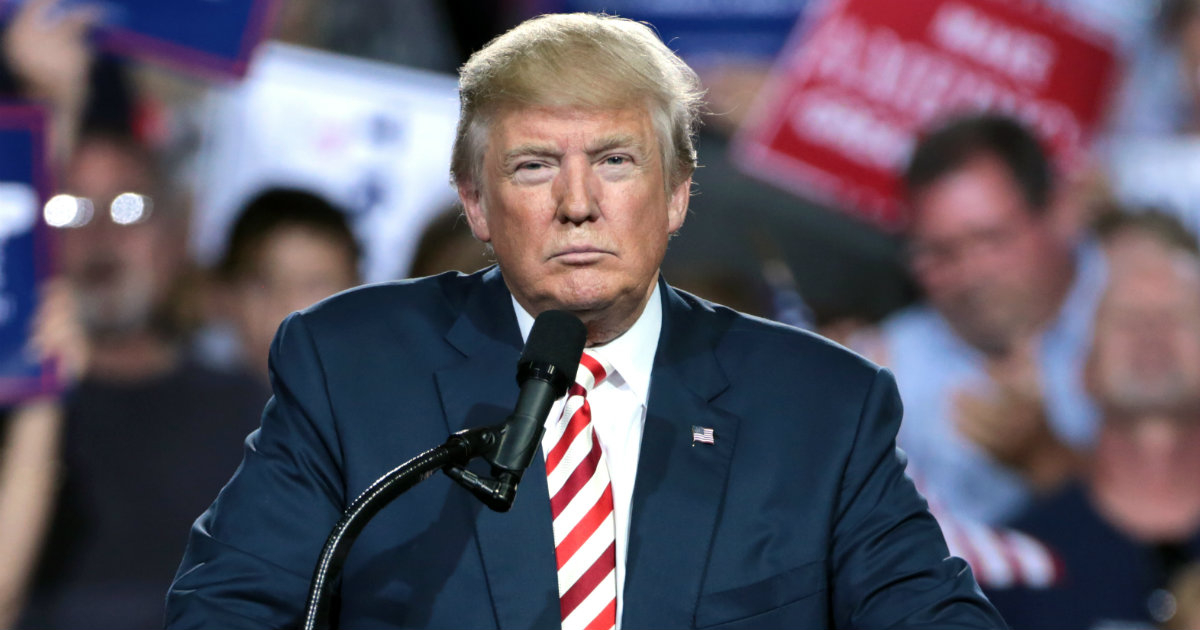
Sep 26 (Reuters) - The president's governmentDonald Trump said he plans to allowonly 18,000 refugees settle in the United States in fiscal year 2020, the lowest number in the modern history of the refugee program.
In a move immediately criticized by activists as an affront to the country's humanitarian commitments, the government said it had to change its approach to processing hundreds of thousands of pending asylum claims, most filed by Central American migrants who crossed the border into Mexico.
"The current burden on the United States immigration system must be alleviated before large numbers of refugees are possibly resettled again," the State Department said in a statement.
At the same time, President Donald Trump issued an executive order saying his administration would seek approval from state and local governments to resettle refugees in their communities, in a change from the federally organized program.
Trump has made reducing immigration a central part of his presidency. One of his first acts after taking power in January 2017 was to issue an order to limit the maximum number of refugees for that year to 50,000, less than half the number that former President Barack Obama had established months earlier.
The proposed new figure includes specific caps for US national security and foreign policy interests, a senior official told reporters.
Of the 18,000 places, 4,000 would be reserved for Iraqis, 5,000 for those fleeing religious persecution and 1,500 for people from Honduras, Guatemala and El Salvador. That leaves 7,500 spots, or about 40%, for the rest of the applicants.
(Reporting by Mica Rosenberg and Alexandra Alper, additional reporting by Kristina Cooke, Roberta Rampton, Makini Brice and Dan Trotta; Editing in Spanish by Ricardo Figueroa)
What do you think?
COMMENTFiled in: